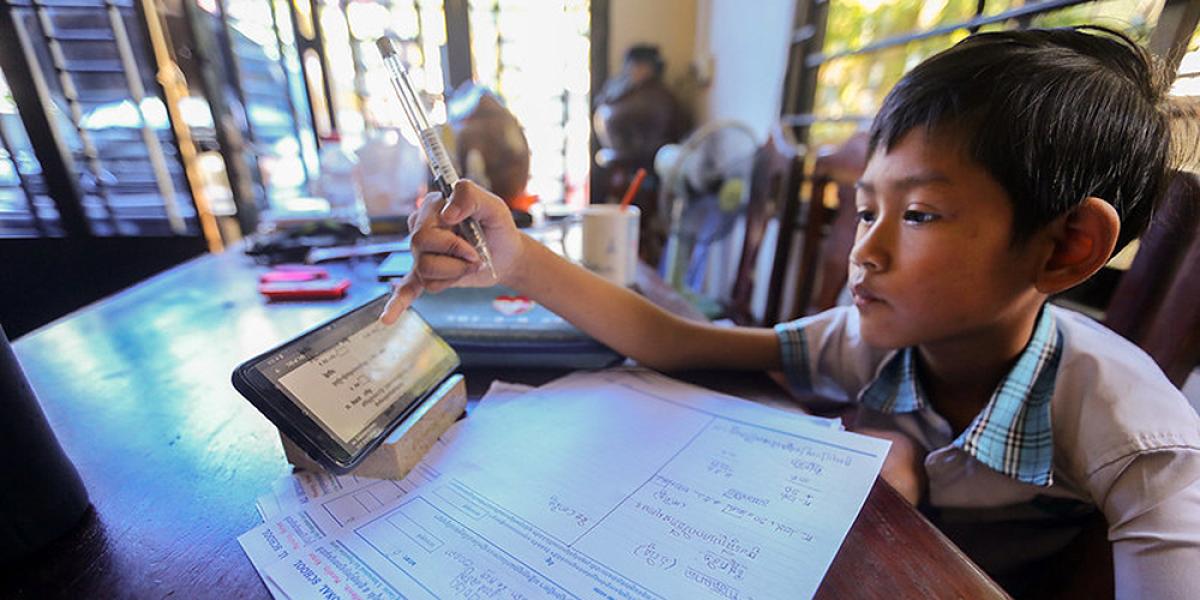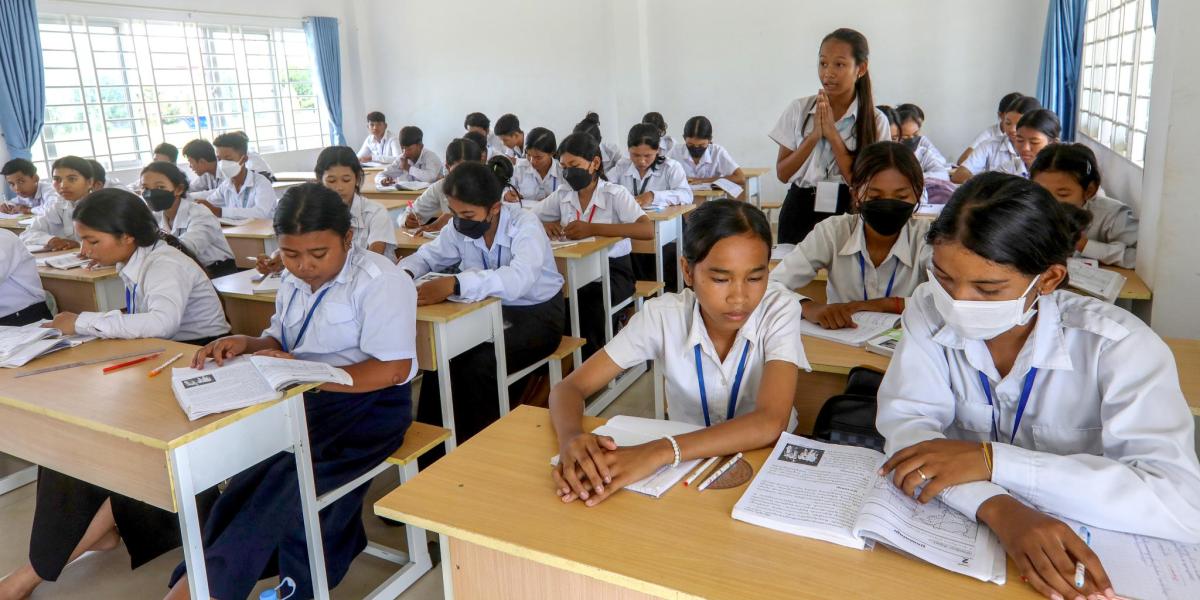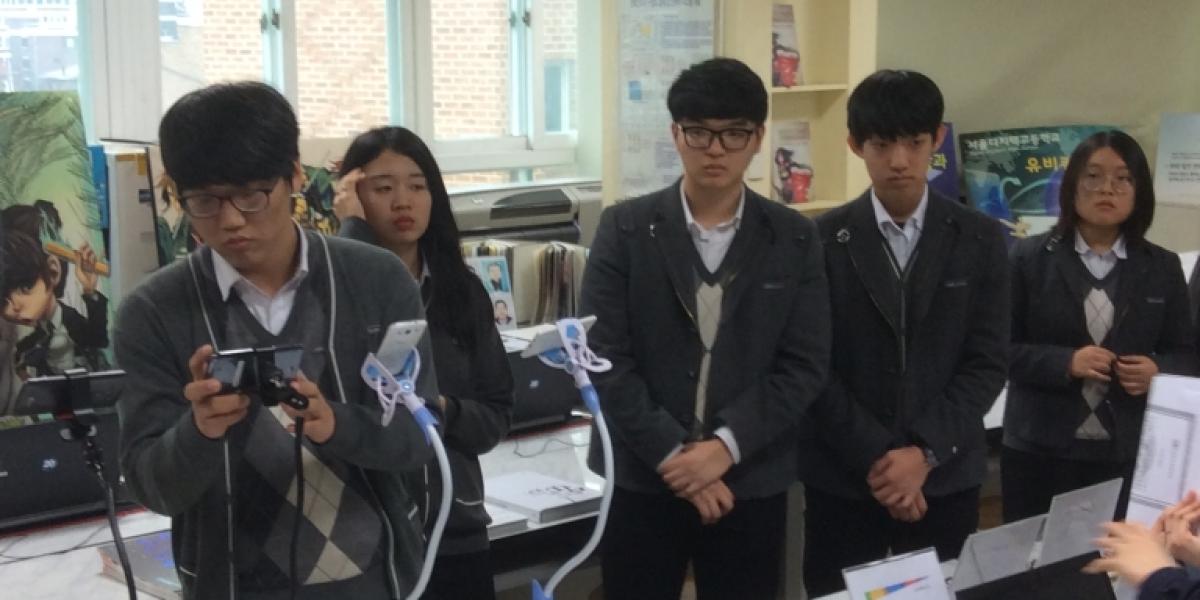Korean Education System: The education system in South Korea has undergone remarkable transformations over the years, shaping the academic landscape for students and contributing to the nation’s global standing. From its historical evolution to its unique features and the challenges it presents, this article delves into the intricacies of the Korean education system.
Brief Overview of the Korean Education System
South Korea’s commitment to education is deeply ingrained in its culture, reflecting a societal emphasis on academic excellence. The system is known for its rigorous structure and has become a subject of global interest.
Importance of Understanding the Korean Education System
As we explore the Korean education system, it’s essential to grasp its nuances and impact, considering its influence on students, parents, and the nation’s overall development.
Historical Context
Evolution of the Korean Education System
Tracing the roots of the education system reveals a journey marked by significant shifts and reforms. Understanding this evolution provides insights into the current state of Korean education.
Key Milestones and Reforms
Highlighting pivotal moments and reforms in the system’s history sheds light on the government’s continuous efforts to enhance the quality of education.
Structure of the Korean Education System
Early Childhood Education
The foundation of the Korean education journey begins with early childhood education, setting the stage for future academic pursuits.
Elementary Education
Navigating through elementary education involves a comprehensive curriculum aimed at building fundamental skills.
Middle School Education
The transition to middle school introduces increased academic challenges and a broader range of subjects.
High School Education
High school years are crucial, with a strong focus on preparing students for university entrance exams.
Higher Education
An exploration of higher education options showcases the diverse pathways available to Korean students.

Unique Features
Emphasis on Academic Achievement
The Korean education system is renowned for its emphasis on academic excellence, driving students to achieve high standards.
Role of Extracurricular Activities
While academics are crucial, extracurricular activities play a significant role in shaping a well-rounded education experience.
Influence of Parental Involvement
Parental involvement is a cornerstone of the Korean education system, with families actively participating in their child’s academic journey.
Challenges in the Korean Education System
Pressure and Stress on Students
The pursuit of academic excellence comes at a cost, with students often facing immense pressure and stress.
Competition-Driven Culture
A competitive culture has its drawbacks, leading to increased stress levels and a focus on rote memorization.
Addressing Educational Inequality
Despite strides, challenges in achieving equal educational opportunities persist, necessitating ongoing efforts to bridge gaps.
Reforms and Innovations
Recent Changes in the Education System
Examining recent reforms provides insights into the government’s response to the evolving needs of students.
Integration of Technology in Education
Technological advancements are being leveraged to enhance the learning management software experience and prepare students for the digital age.
Efforts to Reduce Academic Pressure
Acknowledging the concerns, initiatives are underway to alleviate the burden on students and foster a healthier learning environment.
Success Stories
Notable Achievements in Korean Education
Highlighting success stories showcases the positive outcomes of the Korean education system, inspiring students and educators alike.
Impactful Educational Initiatives
Examining initiatives that have made a significant impact provides valuable lessons for the future of education in South Korea.
International Perspective
Comparison with Other Global Education Systems
A comparative analysis offers insights into how the Korean education system stacks up against global counterparts.
Lessons that Can Be Learned from the Korean Model
Examining the strengths and weaknesses of the Korean model provides valuable lessons for countries looking to enhance their education systems.
Future Outlook
Anticipated Changes and Reforms
Looking ahead, anticipated changes and reforms signal a dynamic future for the Korean education system.
Continued Global Influence
The global impact of Korean education is expected to persist, influencing international education discussions.
Conclusion
Recap of Key Points
This article has journeyed through the intricacies of the Korean education system, touching on its history, structure, unique features, challenges, and reforms.
Acknowledgment of the System’s Complexities
While celebrating achievements, it’s crucial to acknowledge the complexities of the system and the ongoing efforts to address its challenges.

Frequently Asked Questions
Is the Korean education system entirely exam-oriented?
While exams play a significant role, there is a growing emphasis on a more holistic approach, incorporating various assessment methods.
How does parental involvement impact student success?
Actively involved parents often contribute to a student’s success by providing support, guidance, and encouragement.
Are there initiatives to reduce the stress on Korean students?
Yes, recent initiatives focus on creating a more balanced and less stressful learning environment for students.
What makes the Korean education system unique on the global stage?
The system’s emphasis on academic rigor, extracurricular involvement, and parental support sets it apart globally.
How do recent technological advancements influence education in South Korea?
Technology is being integrated into classrooms to enhance the learning experience and prepare students for the digital age.

